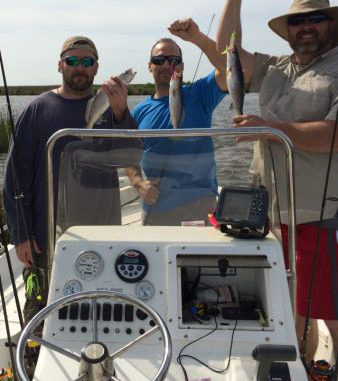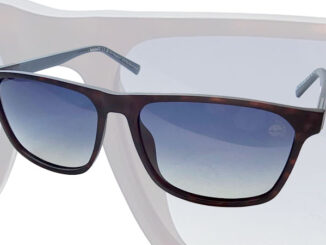
HB 1082 would increase state license fee from $5.50 to $13
A bill introduced in the Louisiana House of Representatives would increase a resident’s recreational saltwater fishing license by $7.50 and create a Saltwater Fish Research and Conservation Fund, which could provide funding for the newly-implemented Louisiana Recreational Creel Survey, officials said.
House Bill 1082, sponsored by Rep. Stuart Bishop (R-Lafayette), would raise the saltwater license fee from $5.50 to $13.
Coastal Conservation Association Louisiana’s executive director David Cresson said the organization not only wholeheartedly supports the increase, but participated in the creation of the bill and worked with the Louisiana Department of Wildlife and Fisheries to make sure the funding generated would be adequate.
“Recreational fisherman in Louisiana have been asking for the best possible science forever. We believe we have the best fishery in the country and we deserve the best science-based management in the country,” Cresson said. “We know we have the most capable wildlife and fisheries department anywhere, but they have been a bit hamstrung by limited funding, and they’ve done an amazing amount with the limited funding they have.
“But this new funding would allow for us to have the best data collection and science-based management in the United States. It’s all for data collection on the species that we as coastal recreation fisherman are most concerned with. “
Randy Pausina, head of fisheries with LDWF, said the LA Creel program will allow the department to collect more precise recreational harvest data than ever before.
“It would give us the ability to look at all the species we need to manage, including the federal species, but more importantly, state species like trout, redfish, white trout, sheepshead and everything else,” Pausina said.
“It would give us the ability to get more confidence, more precision in the data and run better stock assessments.”
Cresson said Louisiana saltwater anglers enjoy a low license fee in relation to other Gulf of Mexico fishermen, and the fee hasn’t been increased in 15 years.
“Our saltwater license fee is also one of the lowest in the country,” Cresson said. “Even if the proposed increase were to go into effect, it would still be the second-least expensive in the Gulf and still far below the national average.
“So for the price of a couple of popping corks, or a handful of live shrimp or a couple of bags of ice, we have the opportunity to enhance our data gathering, our scientific capabilities and ultimately our management process exponentially.”
LA Creel features a biological dockside component where fish are physically counted and measured, as well as a telephone survey of the state’s saltwater license-holder database to measure angler effort, Pausina said.
“So you take the two and multiply them together to get the catch-per-effort, and that allows us to extrapolate out every 10 days and we know exactly how many fish were landed recreationally by species from a swordfish to a croaker,” he said.
Cresson said so far he has received positive feedback from lawmakers on the proposed bill.
“Certainly with any bill of this nature, there have been good questions asked and once we’ve explained the purpose of the bill and the eventual use of the funding that would come from it, the feedback has been nothing but positive,” he said. “Our legislators, many of them are outdoorsmen themselves, and they understand the value of having the best available science — and this will allow for that.”
Cresson pointed out that specific language in the bill creates a constitutionally protected fund for the monies, which would prevent them from being used to fill emergency budget shortfalls for the state.
“This is not just going into the Artificial Reef Fund or into some other already-existing fund,” he said. “It’s a brand new constitutionally protected fund, so it would be off limits to those sorts of things.”
Cresson understands some anglers’ reluctance to support any type of fee increase, but said he believes the investment will be worth it this time.
“None of us like to pay more money for government programs, but this one is long overdue, and it will give Louisiana’s phenomenal coastal fishery the management that it merits,” he said. “The $7.50 wasn’t some number that we pulled out of the air.
“It was a number that was built using a specific dollar amount the state thinks is necessary to implement this program, and it will enhance the current program exponentially.”
On Jan. 1 of this year, the state stopped its participation in the federal Marine Recreational Information Program (MRIP), which is used by NOAA Fisheries officials to estimate red snapper recreational landings in the Gulf of Mexico.
“MRIP is designed to allow the feds to look at Gulf-wide samples,” Pausina said. “So the precision and the confidence intervals when you put all the states’ data together, it gives you a good look at the Gulf as a whole. But when you start looking at individual states, it starts to fall apart.
“What LA Creel does is allows us to look at any species with a high level of precision, even down to an individual basin, and gives us the confidence to make management recommendations. It goes back to what’s best for Louisiana and for its constituents recreationally and commercially. It needs to be good data.”
The bill has been referred to the Committee on Natural Resources and Environment, but does not appear on the committee’s agenda when it meets this week on April 9.


